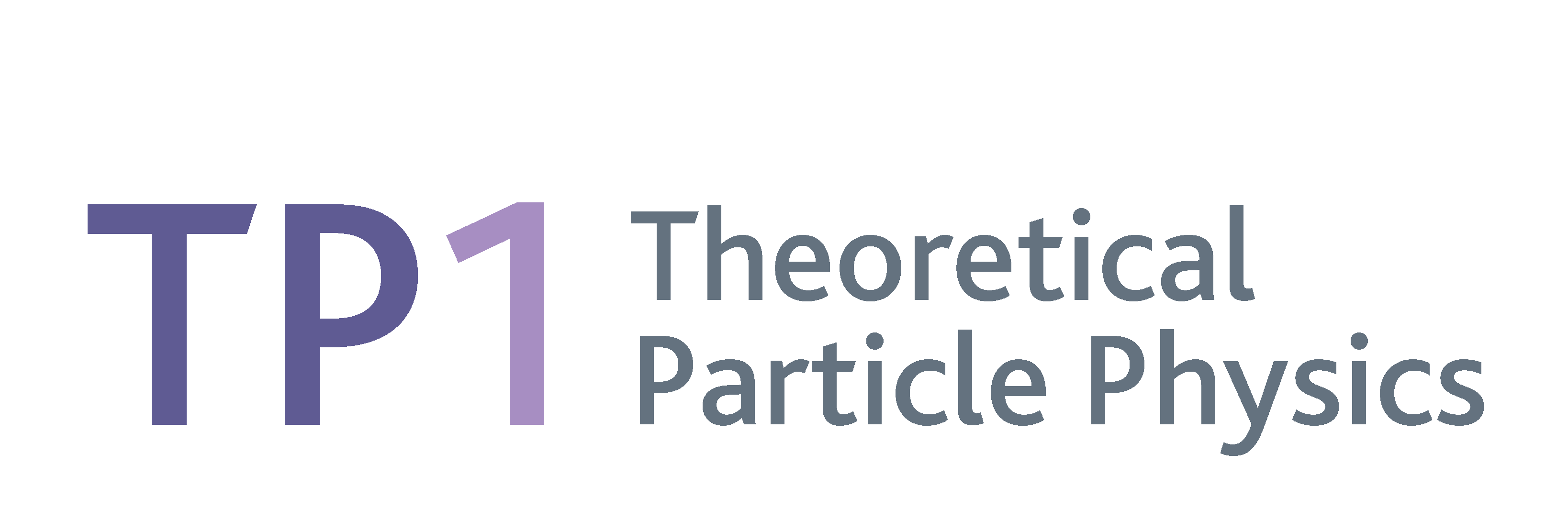TP1 Research Group – Prof. Dr. Alexander Lenz
We are basically interested in finding the correct extension of the standard model that will also allow to explain the existence of matter in the Universe as well as the nature of dark matter. To come closer to the solution of this ambitious goal numerous small steps have to be undertaken. First real deviations of experiment and standard model have to be identified. Therefore we need control over the hadronic uncertainties of the theory predictions. Then the theoretical structure of possible deviations has to be investigated – this can be done in a model-dependent and a model-independent way. Finally, cosmological consequences of modifications of the standard model have to be studied.
- In particular, we study observables related to mixing of neutral mesons and the lifetimes of these heavy hadrons. Mixing of neutral Mesons is a macroscopic quantum effect based on the observation that within the Standard model as meson can turn into its anti-particle via a loop process based on weak interaction within the SM. Due to the large suppression within the SM this process is supposed to be very sensitive to potential new physics contribution. We are actively contributing to the determination of perturbative and non-perturbative corrections to these observables. Recently we started also using huge numerical simulations (lattice QCD) to tackle these problems.
- Another main pillar of our research is the indirect search for beyond standard model (BSM) effects. Here we compare the above discussed precise standard model predictions with most recent data from e.g. LHCb, ATLAS, CMS and Belle(II) and try to shrink or to specify the allowed parameter space of BSM models. In that respect we are interested in models with extra fermion generations, with extra Higgs doublets, with additional gauge symmetries (e.g. Z’ models) or more exotic extensions like lepto-quarks.



